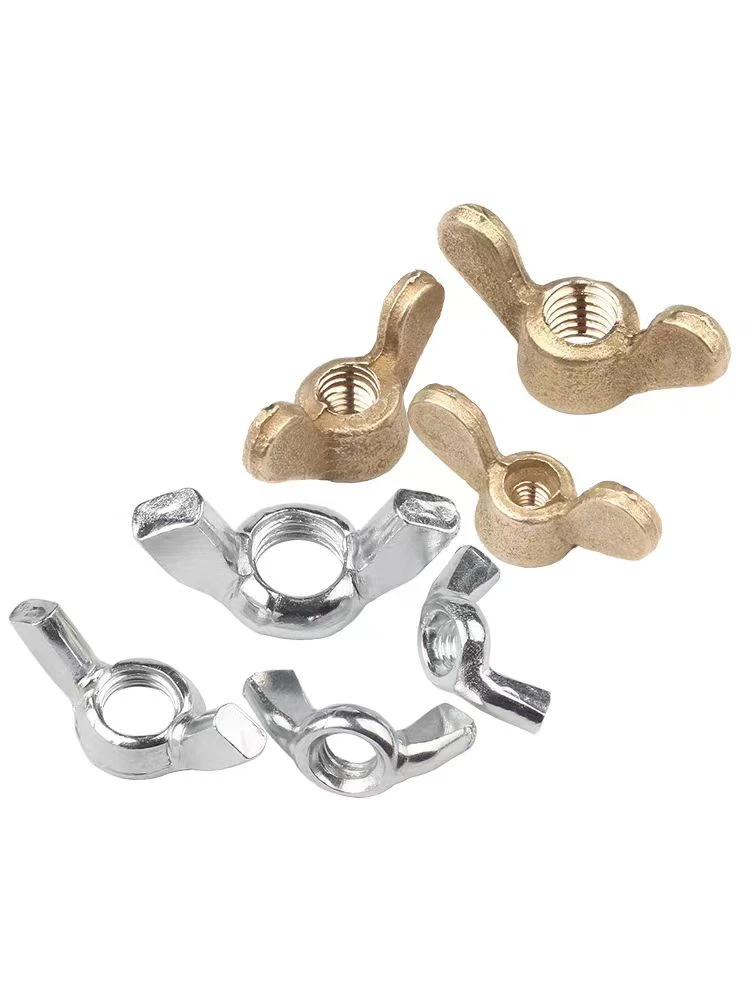

metric stud bolts
أكتوبر . 03, 2024 14:44 Back to list
metric stud bolts
Understanding Metric Stud Bolts An Essential Component in Engineering
In the realm of engineering and construction, fasteners play a crucial role in ensuring the integrity and stability of structures. Among the various types of fasteners, metric stud bolts stand out due to their unique design and versatility. This article explores the nuances of metric stud bolts, highlighting their construction, applications, and advantages.
What Are Metric Stud Bolts?
Metric stud bolts are threaded fasteners that consist of a smooth shaft with threads on both ends, typically used to connect two or more components. They are produced to conform to international metric standards, which dictate their dimensions, strength, and material properties. The metric system, widely adopted globally, provides a standardized approach that facilitates compatibility and interchangeability among various components.
Stud bolts usually feature a uniform diameter throughout their shaft, offering a robust structure capable of withstanding significant loads. The ends are often threaded to accommodate nuts or other fasteners, enabling secure connections. This threaded configuration allows for easy assembly and disassembly, making them ideal for applications where maintenance or replacement is required.
Applications of Metric Stud Bolts
Metric stud bolts are utilized in various industrial sectors, including construction, automotive, aerospace, and machinery manufacturing. Their ability to provide strong and reliable connections makes them especially valuable in high-stress environments. Common applications include
1. Structural Engineering In buildings and bridges, stud bolts are often used for securing beams, columns, and other structural elements, ensuring the overall stability and safety of the structure.
metric stud bolts

3. Automotive Industry In vehicles, stud bolts are employed in engine assemblies, exhaust systems, and suspension components, where they must withstand vibrations and thermal stresses.
4. Aerospace The aerospace sector relies heavily on metric stud bolts for assembling aircraft parts, given their lightweight nature and high strength-to-weight ratio.
Advantages of Metric Stud Bolts
One of the key advantages of metric stud bolts is their versatility. They come in various sizes, materials, and strengths, allowing engineers to choose the most appropriate type for specific applications. Common materials include carbon steel, stainless steel, and alloy steel, each offering distinct benefits regarding corrosion resistance and load-bearing capacity.
Furthermore, following metric standards simplifies the procurement and inventory management processes, reducing compatibility issues and enhancing efficiency in assembly. The ease of installation and removal makes them a preferred choice in scenarios requiring regular maintenance.
In conclusion, metric stud bolts are fundamental components in modern engineering and construction. Their standardized design, coupled with their strength and versatility, makes them indispensable across various industries. As technology continues to evolve, the importance of reliable fasteners like metric stud bolts will remain vital to the safety and performance of engineered systems. Understanding their applications and benefits is crucial for engineers and manufacturers alike, ensuring optimized performance in their respective fields. Whether you're developing a new machine, constructing a building, or assembling an automobile, the reliance on quality fasteners, particularly metric stud bolts, cannot be overstated.
Latest news
-
Premium Self Tapping Metal Screws: Strong & Easy Install
NewsAug.02,2025
-
Premium Fasteners Manufacturer | AI-Driven Solutions
NewsAug.01,2025
-
Hot Dip Galvanized Bolts - Hebei Longze | High Strength, Corrosion Resistance
NewsAug.01,2025
-
High-Strength Hot Dip Galvanized Bolts - LongZe | Corrosion Resistance, Custom Sizes
NewsAug.01,2025
-
Best Self Tapping Screws for Drywall - Fast & Secure Installation
NewsJul.31,2025
-
High-Strength Hot Dip Galvanized Bolts-Hebei Longze|Corrosion Resistance&Customization
NewsJul.31,2025

